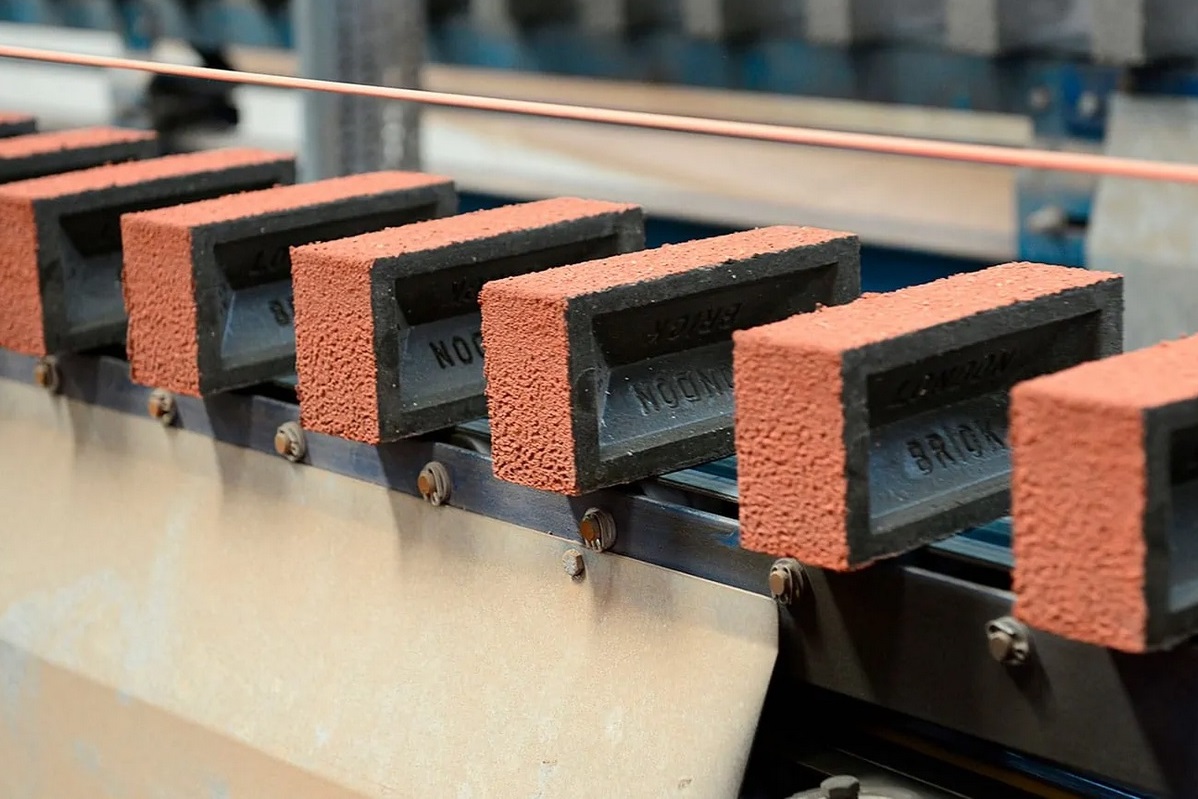As an energy-intensive industry Forterra, formerly Hanson Building Products, faced significant headwinds in 2022 its gas and electricity bill for the year totalled £57m compared to £32m in 2021 and £26m in 2019. Raw material prices have also escalated, with the cost of cement increasing by approximately 75% since the beginning of 2021.
Forterra, however, has managed this by what it calls ‘dynamic pricing’ – putting its own prices up by even more.
Despite broadly flat volume sales in 2022, Forterra increased its revenues by 23% to £455.5m. Pre-tax profit was up 28% to £72.9m.
Brick and block sales revenues (totalling £370.2m) were up 24.2% on 2021 despite no noticeable increase in sales volumes.
Floor beam sales volumes increased 9% relative to 2021 yet revenue increase 18%.
Growing revenues at a time of flat sales might turn out to be a theme among heavy materials producers. Breedon did the same thing, as we reported yesterday.
Forterra said that total UK brick consumption in 2022 is estimated at 2.5bn bricks, of which a record 570 million (23% of total market demand) were imported due to a continuing shortfall in domestic production capacity.
Chief executive Stephen Harrison said: “We are pleased with our strong performance in 2022 against a backdrop of severe cost inflation. The short-term outlook for the UK housing market remains uncertain. We saw signs of softening demand towards the end of 2022, and this continued into 2023, partly driven by customer inventory reduction. Whilst we expect demand for our products to fall in 2023 relative to 2022, we are encouraged by falling mortgage rates and recent reports of improving reservation rates. We wait to see how our customers’ spring new house selling season develops, as this will be a key determinant of demand in the current year. Against the continuing inflationary environment we have been able to implement further selling price increases at the beginning of 2023 and secure at least 80% of this year’s energy requirement.
“We remain confident that Forterra is well positioned to face these uncertain times. We began this year with minimal inventory, and are well practiced in managing our production capacity utilisation and cost base. With our new Desford factory now operational, we also expect to benefit from the industry-leading efficiency this will offer, manufacturing a range of products ideally suited to displace imported bricks. Alongside this, we possess a strong balance sheet with minimal debt and have recently extended our credit facility.
“Based on our assumption of a 20% fall in underlying demand relative to 2022, mitigated to some extent by the substitution of imported bricks, the board’s expectations for the group’s 2023 performance remain unchanged. Customer inventory reduction is expected to disproportionately impact H1 performance, resulting in full year revenue and earnings being H2 weighted. In the medium-term we continue to expect to benefit from the attractive UK market fundamentals of population growth, housing undersupply, a shortage of domestically-produced bricks and an increasing focus on the quality of housing stock.”
Got a story? Email [email protected]

